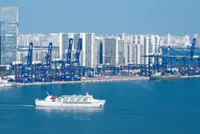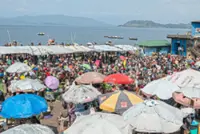IN a remote Bolivian town, within a compound owned by a radio station catering to coca growers, former president Evo Morales is holed up, shielded by thousands of loyalists armed with sticks.
Facing charges of human trafficking and statutory rape, he risks arrest the moment he steps outside.





